Better Grass Fed Beef
“Is this beef tough?”
It's a question we get from a lot of first-time visitors.
“Is it gamey? Lean? Does it have a weird flavor?”
Our answer to that is a resounding NO, but there’s a lot that goes into why.
Traditionally, grass fed beef gets a bad reputation because many operations struggle with achieving consistency. Most grass fed cattle rely on native grasses that vary dramatically with the seasons, changing not only the nutrition of the cattle's diet but also the flavor for the consumer. It can be hard to get a lot further than just growing cattle to a harvest size and weight.
“This is the Redhouse difference. Like our customers, we really love beef. We believe in our philosophy of naturally raised, grass finished animals, but we have never wanted to sacrifice the flavor and fat of a great steak. So we became grass farmers and let our animals benefit from our work.”
Our pastures are permanent and intentional. While they change a bit from season to season, as some of the grasses prefer the warm weather and some the cool, their nutritional content stays the same all year long. We’ve picked a blend of grasses that not only work well for our environment but also provide the nutrients our cattle need to thrive.
We’re a finishing operation —
our calves come down from our mountain ranch and are weaned and finished here on our pastures for several months to a year until they’re harvested. In the conventional beef industry, our counterpart would be a feedlot, but our version is an all-you-can-eat salad bar for our cattle with everything they need to produce well-marbled, tender, delicious beef.
Our grass farming philosophy comes down to micromanagement of our pasture. Our irrigation, pasture rotation, and fertility practices are adjusted and improved every day. We’re adamant about our processes because we know and have seen how they create a regenerative, diverse soil profile, strong feed, and a great product.
Each step of our process is intentional, and that’s something we’re proud of.
Beyond growing pasture, we focus a lot on the genetics of our cattle, even raising our own registered Angus bulls that will produce calves with the traits to produce high-quality beef. It’s also so important to us to maintain high standards of welfare from our animals, from when they’re born to harvest day. Their entire lives are spent out on pasture in the lowest-stress environment possible.
Our commitment to quality doesn’t end on harvest day. We use dry aging to fully complete the process. It’s not without its challenges, as it’s a longer and often more costly process, but the enzymatic processes that it allows further develop the flavor and tenderness of our beef, and we think it’s worth it!


